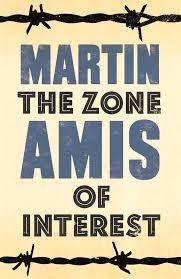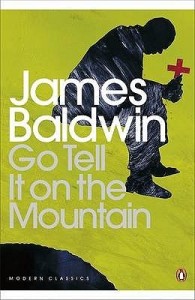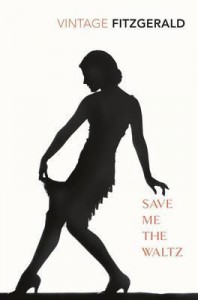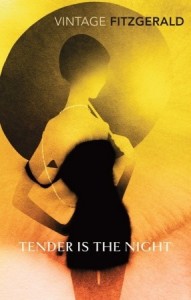 Title: The Zone of Interest (Goodreads)
Title: The Zone of Interest (Goodreads)
Author: Martin Amis
Published: Jonathan Cape, 2014
Pages: 320
Genres: Historical Fiction
My Copy: Library Book
Buy: Amazon, Book Depository (or visit your local Indie bookstore)
Angelus Thomsen is an officer working at Auschwitz; on August 1942 he gains his first sight of Hannah Doll, the wife of the camp’s commandant. After a few encounters, their relationship becomes more intimate. Despite their attempts to be discreet, Hannah’s husband Paul becomes suspicious. He threatens a Jewish Sonderkommando into killing his wife. However things are not that simple and life is far more complex.
The Zone of Interest is Martin Amis’ fourteenth novel and the second to focus on the holocaust (his 1991 novel Time’s Arrow being the other). The novel is told from prospective of three narrators; Angelus Thomsen, Paul Doll and Szmul the Sonderkommando. This allows Amis to explore the three different sides of this budding romance and betrayal, however what it does not talk about is far more interesting. Thomsen and Doll are so focused on Hannah, while Szmul is unwillingly dragged into this complex situation.
I found the plot to be a bit flat and the ending of this novel anti-climactic but it was Martin Amis was not saying that really stuck out to me. The way Amis told the story allowed the reader focus on the melodrama of this love triangle but we have to remember this was set in Auschwitz. We can explore the indifference towards human suffering and the prisoner’s general psychology without the need to talk too much about this situation. Szmul’s narrative does focus more on the life in the concentration camp from a Jewish point-of-view but it is the Germans’ lack of interest that stuck with me. The more I think about this novel, the more I admire the way Amis wrote this book. I cannot think of another novel that explores an issue like this by actively trying to avoid the topic.
At the time of reading this book, I found this novel to be average. However, it was the post-reading experience that really stuck with me, and I really appreciate the satirical approach Martin Amis took. I am determined to try some more of his works; I need to find out if he uses satire consistently in his novels. I would love to know which novel I should check out next from Martin Amis.

 Title: Mr. Kiss and Tell (
Title: Mr. Kiss and Tell ( Title: The Stranger (
Title: The Stranger ( Title: Kafka on the Shore (
Title: Kafka on the Shore ( Title: The World According To Garp (
Title: The World According To Garp ( Title: Go Tell It on the Mountain (
Title: Go Tell It on the Mountain ( Title: The American Lover (
Title: The American Lover ( Title: Save Me the Waltz (
Title: Save Me the Waltz ( Title: Norwegian Wood (
Title: Norwegian Wood ( Title: Tender Is the Night (
Title: Tender Is the Night (